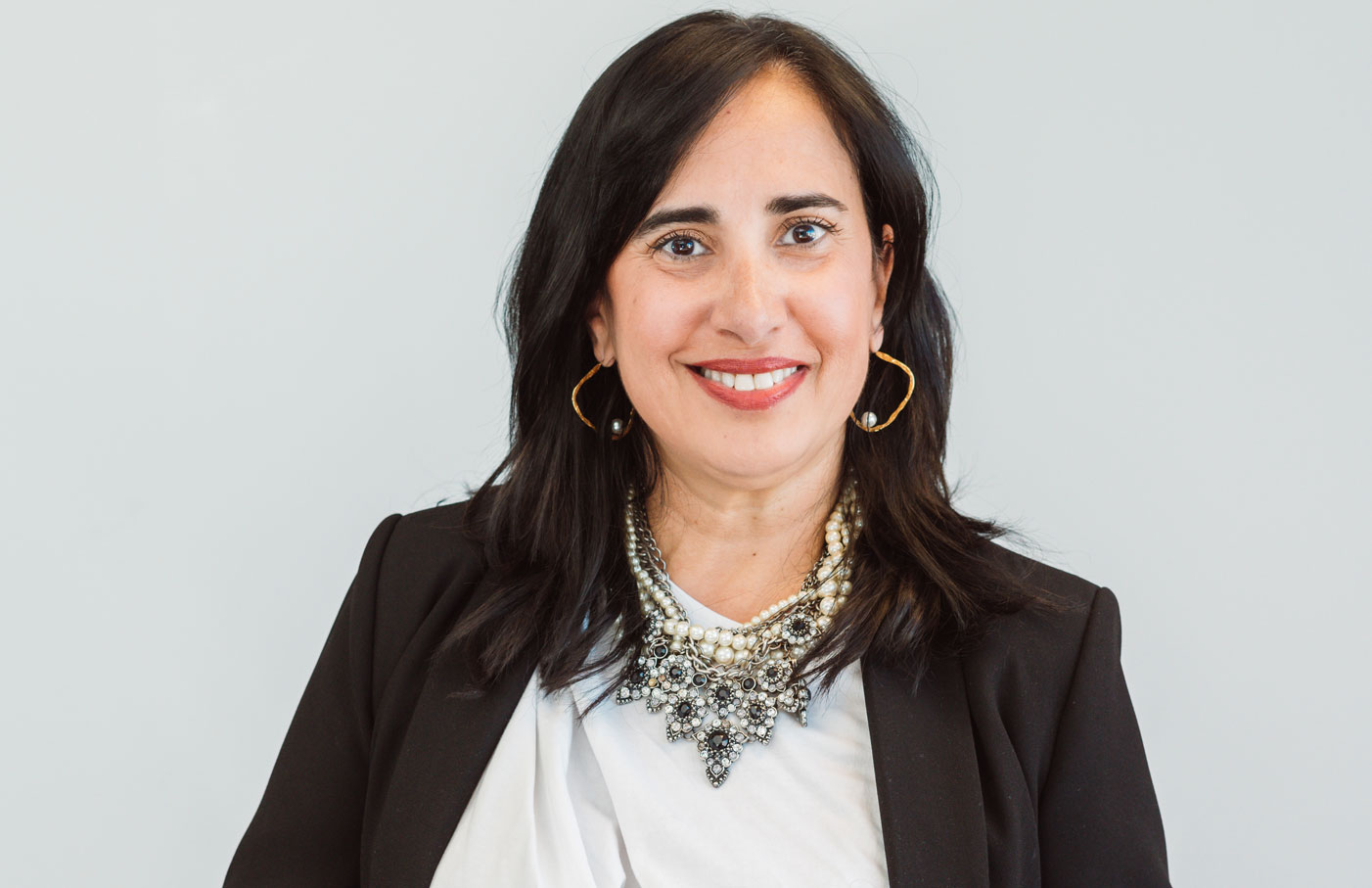Dantas Corrêa, the conquest of the Northeast

It is difficult to walk around the Seridó region without hitting any member of the Dantas, Corrêa or Dantas Corrêa families. What few people know is that this family of Iberian origin has Jewish ties that blend with the traditions of the region, including the name, which according to one of the theories, would come from the Hebrew words "sarid" and "serid", which would mean " survivor ”or“ the one who escaped ”. Or “she'erit”, in the sense of “refuge from Him” or “refuge from God”, alluding to the persecution suffered by the Sephardim after the installation of the Inquisition in Portugal and Spain.
The Dantas
At the extreme north of Portugal there is a small parish with about 2 thousand inhabitants called Antas, which besides the beautiful coast, has an area of native vegetation and landscapes of the river Neiva. The region's abundance meant that it was soon colonized, with traces of settlement from more than 2,000 years before Christ, such as several landmarks known as tapirs or menhirs, stone monuments from the Neolithic period whose function could be astronomical or funerary.
Over time, those who were born in that region came to be known as Antas or D'Antas, and many began to adopt the toponymic expression as a surname, which later became spelled as Dantas. The oldest records of the use of the name date back to the 12th century.
HERE YOU CAN START BUILDING YOUR GENEALOGICAL TREE.
The Corrêa
In the Iberian peninsula there is a very common crawling plant of white or pink flowers, which for being entangled in clusters became known as morning glory (Convolvulus arvensis). Other synonyms for morning glory are corrijola and correia, a term that, according to researchers, would be one of the possible origins of the surname Corrêa, especially in Portugal. But there are those who defend that the surname appeared in Spain, adopted initially by people who were dedicated to the manufacture of leather belts.
Dom Soeiro Pais Correia brings a much more interesting legend of origin. According to his anecdote, at a time of financial difficulties, a knight was so desperate that he was forced to eat the leather straps of his armor and even his horse's harness. Nowadays, both writings are common, both Corrêa (oldest) and Correia.
The Dantas Corrêa in Brazil
The intertwining between Dantas and Correias that originated the branch that this text deals with dates back to the couple Pedro Vaz de Antas and Maria Cobaco Correa, who lived in the 16th century at Villa de Barcelos, in Braga, Portugal. The first family member to arrive in Brazil was José d'Antas Corrêa, great-grandson of the previous couple, who left Barcelos straight to Pernambuco, where he founded the “Fragoso” mill, near Recife. He married Isabel da Rocha Meireles from Paraíba in the early 1700s, with whom he had several children, including the distinguished Lieutenant-Colonel Caetano Dantas Correia and José Dantas Correia.
The couple's firstborn, José Dantas Correia, was born in 1708 and, marrying Tereza de Góis and Vasconcelos, would later form the branch of the family that is still found throughout Paraíba, especially in Serra do Teixeira. As for Caetano, he was born in 1710 and moved to the Seridó region, in Rio Grande do Norte, where he became one of the great patriarchs of the Dantas family. He married Josefa de Araújo Pereira and from that union he generated several descendants, who later intertwined with the Azevedo Maia, Araújo Pereira, Batista dos Santos, Lopes Galvão and Fernandes Pimenta families.
HERE YOU CAN START BUILDING YOUR GENEALOGICAL TREE.
What was not known until recently is that José d'Antas Corrêa's mother descended from a direct line of Sephardic Jews from Barcelos, who were forcibly converted by order of King D. Manoel in 1497, a fact already proven by the Israeli, Portuguese and Spanish communities. One of her ancestors, Maria da Costa Aguiar, was the couple Junca Montesinho and Micol, who lived in the 15th century.
Today, the descendants of this family branch add up to thousands of people living in the region of Seridó and surroundings, in Rio Grande do Norte, as well as a good part of the hinterlands of Paraíba and even in Cariri.
Important to remember: Last names are indications, but they do not determine whether or not you are descendants of Sephardic Jews. To prove this link, a genealogical study is really necessary.

"Because of a controversy, they are changing a historical reparation," says Isabel Comte.
The proposed changes to the Nationality Law in Portugal remain at the center of public debate, even after the decision […]

"The Constitutional Court gave time, it didn't change the law," says a lawyer from Martins Castro.
The recent decision by the Portuguese Constitutional Court, which blocked key parts of the government's proposal to tighten access […]

Nationality for minor children: why is the process usually simpler?
Among the various pathways provided for in the Portuguese Nationality Law, transmission to minor children is usually perceived as a […]